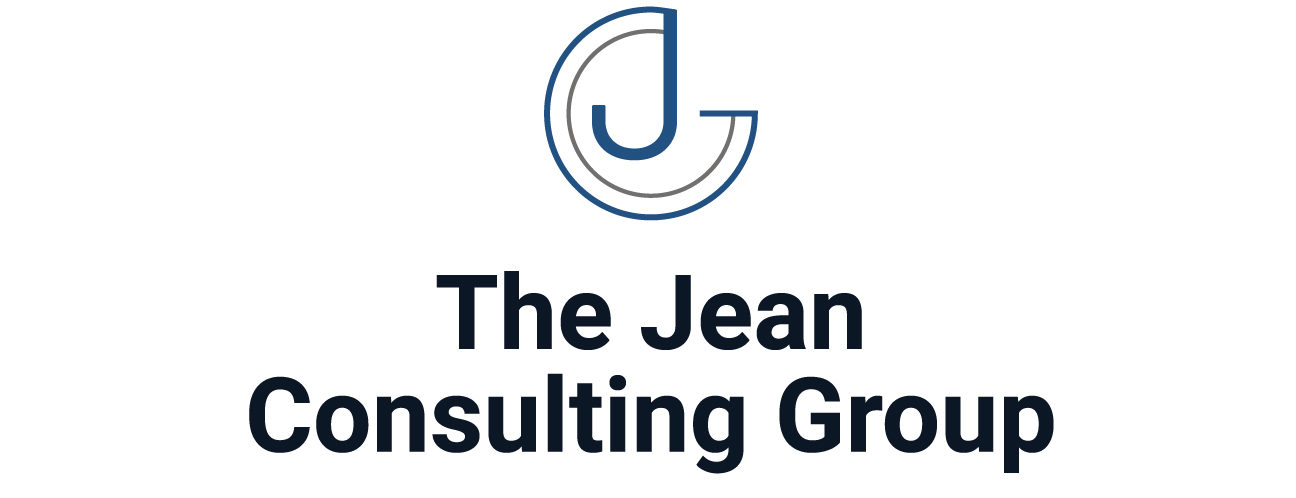Human Resources (HR) professionals stand at the forefront of fostering organizational growth, managing talent, and shaping corporate culture. As the business landscape continues to evolve, there’s a growing need for HR leaders who are not just adept at administrative functions but are also strategic visionaries and empathetic coaches. This article delves into how integrating group and individual coaching into leadership training for HR professionals can significantly enhance their capabilities, enabling them to lead more effectively and drive organizational success.
Leadership Training for HR Professionals: A Multifaceted Approach
Leadership training tailored specifically for HR professionals must encompass a broad spectrum of skills and competencies, from strategic planning and decision-making to emotional intelligence and conflict resolution. Integrating group and individual coaching into this training provides a dynamic and personalized learning experience, catering to the unique needs and learning styles of each participant.
Group Coaching: Enhancing Collaborative Skills and Strategic Vision
Group coaching sessions offer HR professionals the opportunity to engage with peers, share experiences, and collaboratively work through common challenges. This collaborative learning environment fosters a sense of community and mutual support among HR leaders.
- Building a Strategic HR Vision: Group coaching can facilitate discussions on the evolving role of HR in driving organizational strategy, encouraging HR professionals to think beyond traditional functions and consider how they can contribute to broader business objectives.
- Navigating Organizational Change: Group sessions provide a platform for HR leaders to explore strategies for leading through change, from mergers and acquisitions to cultural transformations, enabling them to better support and guide their organizations through periods of transition.
- Fostering a Culture of Inclusion and Diversity: Through collaborative exercises and discussions, group coaching can help HR professionals develop and implement more effective diversity and inclusion strategies, creating a more inclusive workplace culture.
Individual Coaching: Personalized Development and Empowerment
While group coaching offers valuable collaborative learning opportunities, individual coaching allows for personalized development, focusing on the specific goals, challenges, and growth areas of each HR professional.
- Enhancing Emotional Intelligence: One-on-one coaching can help HR leaders develop greater emotional intelligence, including self-awareness, empathy, and social skills, which are critical for managing relationships and navigating the complex dynamics of organizational leadership.
- Developing Coaching and Mentoring Skills: Individual coaching sessions provide a safe space for HR professionals to practice and refine their coaching and mentoring skills, enabling them to better support and develop their organization’s leaders and employees.
- Strategic Career Planning: Personalized coaching can assist HR leaders in identifying their career aspirations and developing a strategic plan for achieving their professional goals, ensuring that they continue to grow and advance within their organizations.
Integrating Coaching into HR Leadership Training: Key Strategies
To effectively integrate group and individual coaching into leadership training for HR professionals, organizations should consider the following strategies:
- Align Coaching with Organizational Goals: Ensure that coaching initiatives are closely aligned with the organization’s strategic objectives and HR priorities, maximizing their relevance and impact.
- Leverage Experienced Coaches: Utilize experienced coaches who specialize in leadership development and understand the unique challenges faced by HR professionals, ensuring that coaching sessions are insightful and impactful.
- Encourage Continuous Learning: Promote a culture of continuous learning and development, encouraging HR leaders to seek out ongoing coaching and professional development opportunities even after the conclusion of formal training programs.
Conclusion
Integrating group and individual coaching into leadership training for HR professionals offers a powerful approach to developing the next generation of HR leaders. By providing both collaborative and personalized learning experiences, this integrated approach equips HR professionals with the skills, knowledge, and confidence needed to lead effectively, drive strategic initiatives, and foster a culture of growth and innovation within their organizations. As HR continues to evolve as a strategic partner in business success, the role of coaching in leadership development becomes increasingly critical, underscoring the need for comprehensive and dynamic training programs tailored to the unique needs of HR professionals.




